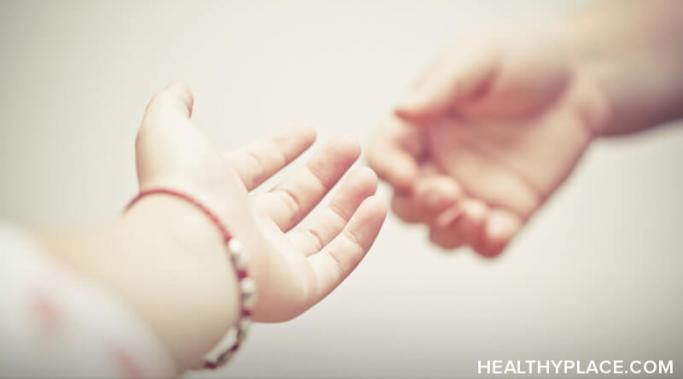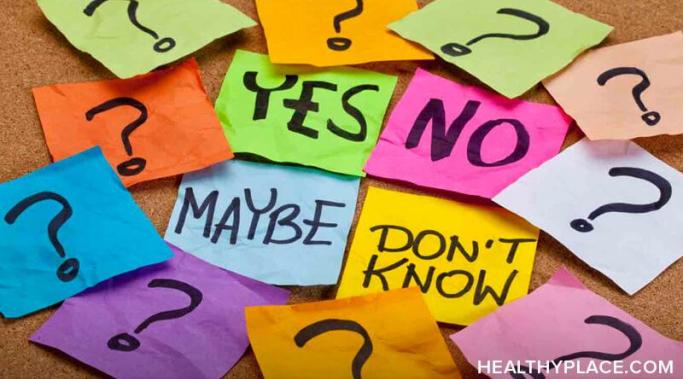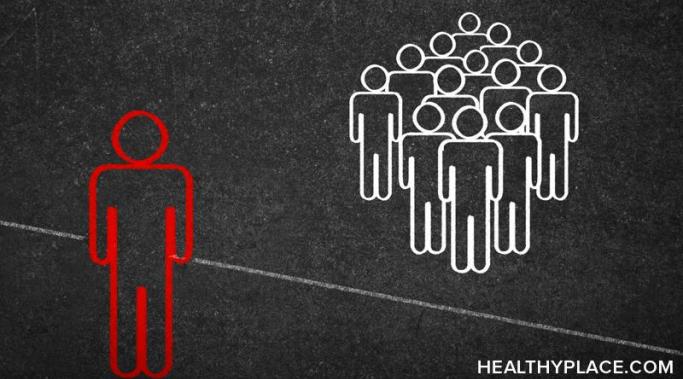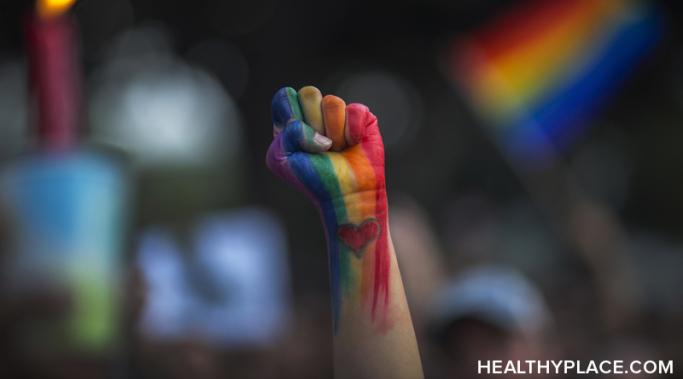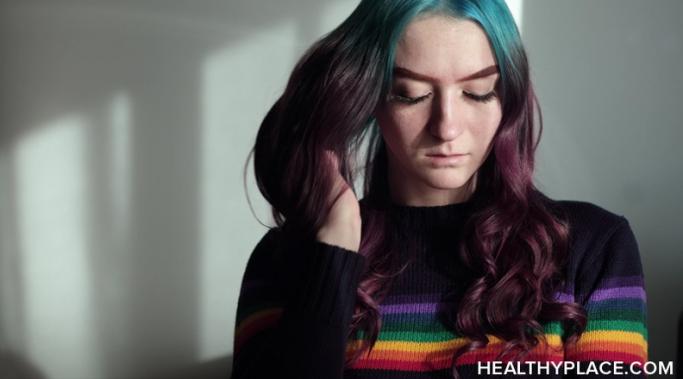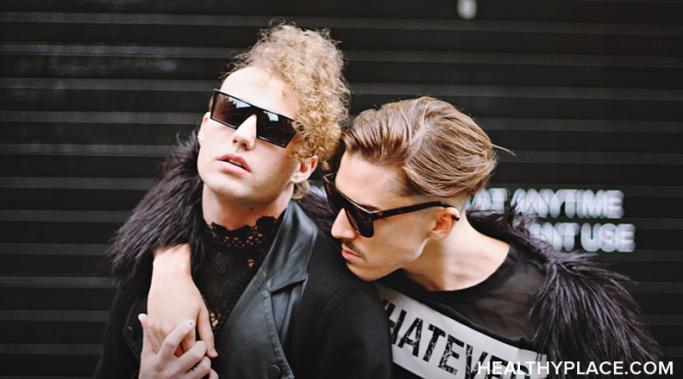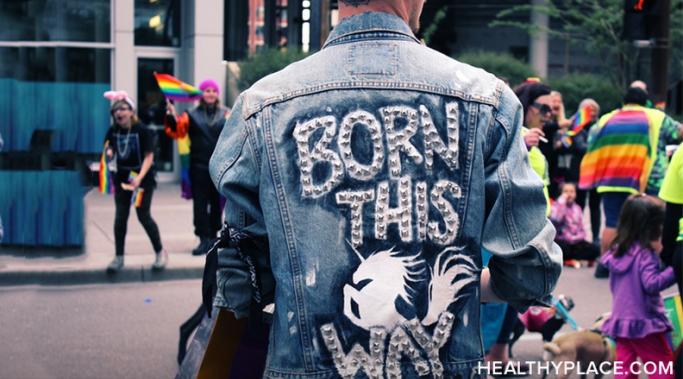Recently, I've been thinking a lot about queer friendship and how special and wonderful it can be. Part of why I am thinking about this is that when I came out as transgender four years ago, I lost a lot of my non-queer friends. It was really painful. They just couldn't show up for me as I transitioned more fully into my life as Daniel. While it was painful and hard to lose so many friends (and even some family members), this loss paved the way for me to make new queer friends. In these queer relationships, I started to see I could be myself. There was a layer of authenticity to my queer friendships that was missing in my previous life. Today, I'll break down a few of the elements that make queer friendship so affirming. At the end of this post, I will also share tips on how to make new queer friends if you find yourself wanting more in the queer friendship department.
LGBT Social Life
Today I'm reviewing the queer app Lex. There are quite a few dating apps out there that the lesbian, gay, bisexual, transgender, queer, plus (LGBTQ+) community can use, but this is one of my favorites. It's a text-based dating app based on old lesbian personal ads looking for love and sex. The Lex app allows each user to include one photo, but it primarily functions off of short blurbs that are around 300 characters and a title. While it started focusing on love and sex, it has morphed into a queer social app with just about everything for everyone, including a myriad of queer community and social events. Today, I'll share three things I love and three things that could be better in my review of the queer app Lex.
Passive communication has been the silent killer of all of my friendships. While I've been developing my communication skills to create better long-lasting platonic and romantic relationships, I've learned how my communication style has been one of my greatest flaws. Passive communication is a style in which a person avoids expressing their thoughts, feelings, and needs. Passive communicators are unlikely to assert themselves and stand up for their rights. Friendships have come and gone, ending both ambiguously and anticlimactically, because I allowed them to pass by. By letting my fear of rejection and need to please others control me, I've done a great disservice to myself. Time and time again, I have held myself back from expressing my feelings and needs only to create great internal conflict, emotional distress, loneliness, and feeling unfulfilled in my relationships. That's the crux of passive communication.
College is often the change in environment lesbian, gay, bisexual, transgender, queer, plus (LGBTQ+) students need to discover their identity, express themselves, and meet other queer people their age. Choosing a school where they can thrive and be themselves is important. The school I attended helped me learn more about LGBTQ+ people and come to terms with my identity. There were a few deciding factors I looked for when choosing a school that would be supportive of LGBTQ+ students and create an environment where they can be themselves.
The transgender experience can be lonely. When I first began hormone replacement therapy, my doctor asked me if I had a good support system. I lied and said I did because I didn't have the time or energy to join a support group and didn't want to cause worry. Now, I think about all the hands that have reached out to me in the past that I brushed off. I believe loneliness was caused by my self-imposed social isolation.
We live in a society where casual sex is a normal part of dating culture. There is, of course, nothing wrong with a casual hookup between consenting adults, but for demisexual folks (people who only experience sexual attraction after forming an emotional connection), dating and intimate relationships can be a bit harder to navigate -- in no small part because there are still a lot of misconceptions about what demisexuality is and is not. These misconceptions not only put a strain on our relationships but on our mental health as well.
June 12th is a difficult day for me. This year it marked the five-year anniversary of the deadly Pulse nightclub shooting that snuffed out the lives of 49 queer people -- most of them Black and Latinx -- and wounded 53 others in Orlando, Florida. The deadliest act of violence against queer people in the history of the United States happened less than a month after my own coming out. I've been dealing with the emotional aftermath of that ever since. Thankfully, I've also found a transformative way to cope with it: community. (Note: This post contains a content warning.)
After living a year of pandemic life, we are beginning to resume some normalcy just in time for June, Pride Month. Many states have lifted mask mandates while more than half the country has been vaccinated. Entering the month of June, Pride Month in the lesbian, gay, bisexual, transgender, queer, intersex, asexual, etc. (LGBTQIA+) community, after a year of social distancing could put a strain on our mental health. I know I have been experiencing anxiety surrounding the idea of gathering with my LGBTQIA+ community after so long apart. Here are a few ways I have been coping with this new way of life while planning to celebrate pride.
I identify as a lesbian in the lesbian, gay, bisexual, transgender, queer, intersex, asexual, etc. (LGBTQIA+) community as a whole. My gender expression follows a more masculine route regarding clothing and hairstyle. Gender expression for many of us in the LGBTQIA+ community can lead to judgment by a society which is used to gendering things such as clothing or hairstyle. These judgments and biases can lead to fear and anxiety for those of us in the LGBTQIA+ mental health community. My anxiety was heightened for years regarding my treatment from others who may not agree or understand my gender expression.
Gender identity in the lesbian, gay, bisexual, transgender, queer, intersex, asexual, etc. (LGBTQIA+) community is important when speaking about mental health. Society has made a habit of assigning gender based on assumptions relating to outward appearance and tone of voice. Mental health concerns can be tied together with gender identity, and it is important to respect an individual's chosen identity without our own biases getting in the way.


